Soft Skills in Technical Environments
more topics
Suddenly You're a People Person
You chose a technical career for a reason — it made sense, it felt comfortable, and it probably didn’t involve much small talk. But somewhere along the way, the job changed. Now you're expected to lead meetings, build client relationships, mentor junior staff, and deliver polished presentations… all while hitting your chargeability targets.
It’s not that you’re bad at these things — it’s that no one trained you for them. You weren’t handed a script for managing difficult conversations or a playbook for building trust in five minutes over coffee. And yet, these moments are becoming the most visible and impactful parts of your job.
The pressure to “just figure it out” is real. But so is the possibility of getting better at it — with guidance that understands your world.
Soft Skills are Learned Differently
Can you learn to play the piano by reading a book about playing piano? We all know the answer to that. Some skills require you to build muscle memory over time by doing. Anything that involves managing working relationships, negotiation, or communication fall under this definition. These are considered “soft” skills and aren’t learned in a traditional classroom. Colleges and universities are aware of this challenge. They incorporate soft skills material into instruction and exercises, but formal learning institutions are also under pressure to deliver as much technical learning as possible within a short window, so soft skills inevitably play second fiddle.
Teamwork is a Skill
Ask most managers and they’ll agree—teamwork is essential to success. But many workplace systems send the opposite message. Cubicles, individual KPIs, and recognition programs often reward solo performance more than shared effort. Collaboration may be valued in theory, but it's rarely supported in practice.
The good news? Teamwork can be learned and strengthened—just like any other skill. Even short, focused exercises can shift how people communicate, solve problems, and support one another.
Twennie helps technical teams build better habits of working together—without pulling them away from the work that matters.
suggested KPIs for this topic
These KPIs help leaders support soft-skills development in technical teams — including communication, teamwork, presence, and client interactions. They focus on structured practice, modeling, coaching, and integrating soft skills into everyday project work.

